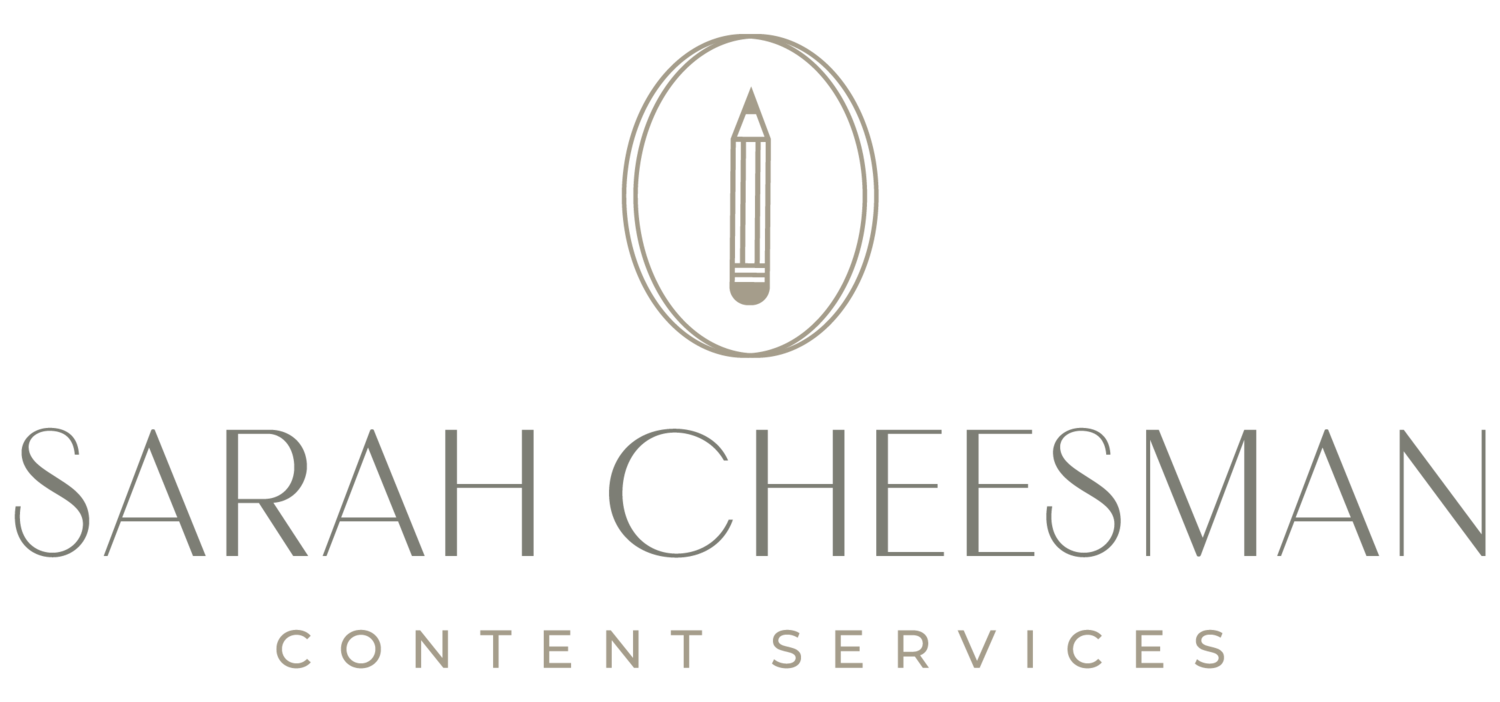What Skills Do You Need to be a Great Copywriter?
Copywriting can be an incredibly fulfilling, varied and lucrative career choice, giving you the opportunity to get your creative juices flowing and earn a living doing something that you love.
Although it’s one of those careers that many people would consider to be quite simple, there are a great many skills that you need to possess in order to be a successful copywriter.
In this blog, we’re taking a look at some of the killer skills you need to become an amazing copywriter and win over all your clients with shit hot content.
Excellent writing and communication skills
Yeah I’ll admit this one seems quite obvious, but bear with me a second. If you want to be a great copywriter, it’s not just about having good spelling, grammar and punctuation (although these obviously come in handy too) - you need to be able to communicate a whole range of different topics in a way that the audience will understand and engage with. You need to be able to knit your words together in a way that’s insightful, meaningful and fluent. People should read your intro and be compelled to keep reading, then inspired to take action.
It’s not about complex sentences and fancy words, in fact the best copywriters out there are able to take difficult and confusing topics and explain it to their audience in the most simple way possible - and using as few words as possible too! This is the sign of a great writer.
Organisation & timekeeping
Something that doesn’t get talked about enough is the crazy tight deadlines that clients give to their copywriters. I’ve had people contacting me wanting a full website written in 3 days! Unfortunately, the nature of our job means that quite often, copywriting isn’t considered until the rest of the project is nearly finished, by which point it becomes a massive priority and we’re given very little time to work our magic.
So, because of this, organisation is absolutely key to making it as a copywriter. We need to be able to prioritise and structure our work to make sure that none of our client’s projects are delayed and that everything stays on track and within the required deadlines.
An eye for detail
Once you’ve written a piece of content, the next stage is to go back and review it. While this can seem like quite an arduous task, it’s a great opportunity to ensure it’s relevant for the target audience, is concise and to the point and that the content flows well. The ability to review and edit your own work is one that can be honed over time, but can make an absolutely huge difference to the finished content that you present to your client.
A wide vocabulary
It almost goes without saying that you need to have a wide vocabulary to make it as a writer, but there are a few loopholes if this is an area that you’re not completely confident in. For starters, the thesaurus is your friend. I’ve lost count of the amount of time I’ve spent trawling through looking for exactly the right word to get my message across, but invariably I will find it there. Using a wide range of words helps to stop your content from seeming repetitive and boring, something which will invariably switch the reader off.
Incredible research skills
This is an absolutely HUGE part of my job and something which takes up about 40 percent of the total time it takes for me to complete a piece of work for a client. If you’re writing for an industry that you’re not an expert in (and let’s be honest, this will be the vast majority of your work), then research will play a huge role in your ability to create interesting, useful and informative content for your clients and their audience.
Often, part of your research will involve reading complex documents that you will need to translate into something more manageable for the reader, so it’s important you give yourself plenty of time to digest the information and completely understand it before embarking on writing your content.
Adaptability
I mentioned at the beginning of this article that one of the great things about being a copywriter is the variety that it gives you. Being able to write about all different kinds of topics for all different kinds of brands is for sure a benefit of this line of work, but it does come with complications as well. You will need to have a very adaptable way of writing, being able to switch between formal and informal tones and speaking within a particular brand’s tone of voice.
Keeping the user in mind
In the past, a lot of copywriters based all of their content around keywords and SEO, and while this is absolutely something that should be considered for any online content, it’s just as important to keep the end user in mind.
Google has recently completed a whole load of updates which put the user right at the centre of everything they do, encouraging content creators to put focus on the needs and wants of the reader, rather than those of a search engine.
Right at the start of any piece of work, it’s vital that you understand the goals of the piece, who it’s being written for and what you want them to take away from it.
Where to get started
Practice, practice, practice. There is nothing that will perfect your writing skills more than actually putting pen to paper (or finger to keyboard) and doing it.
I’m always happy to have a chat with anyone looking for help getting started in the copywriting industry. Get in touch on sarah@sarahcheesman.co.uk with any questions.
